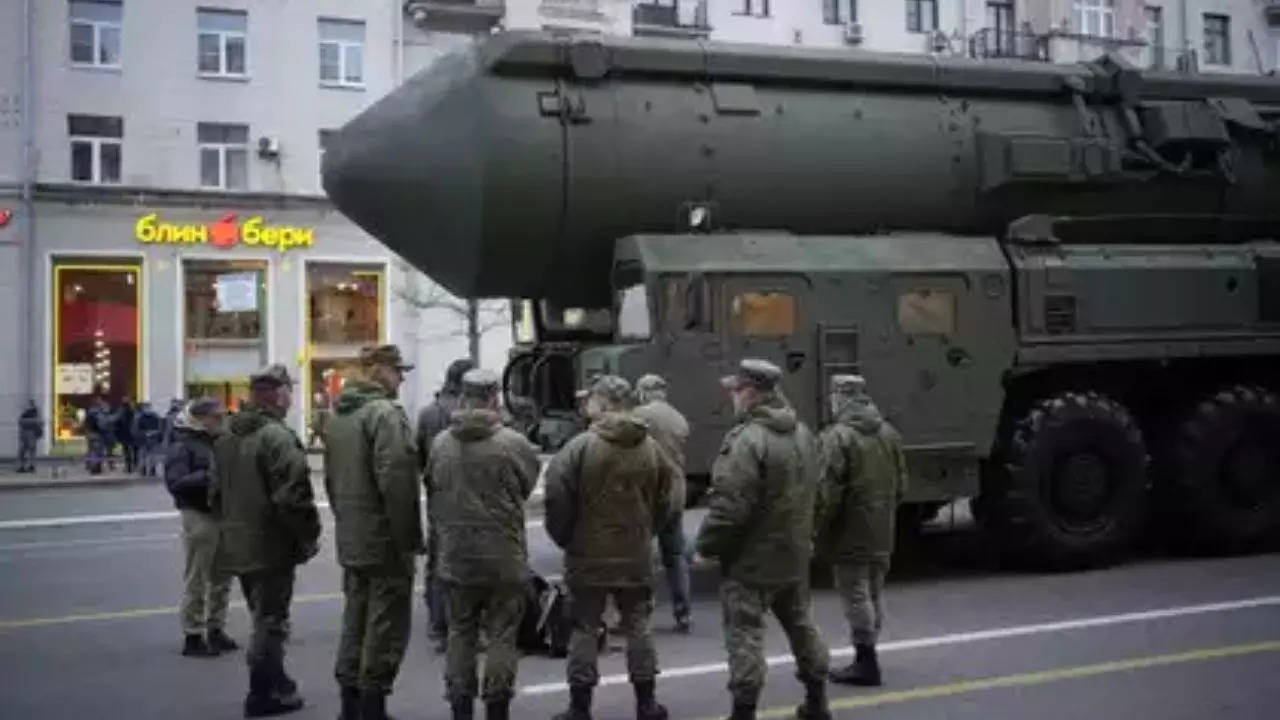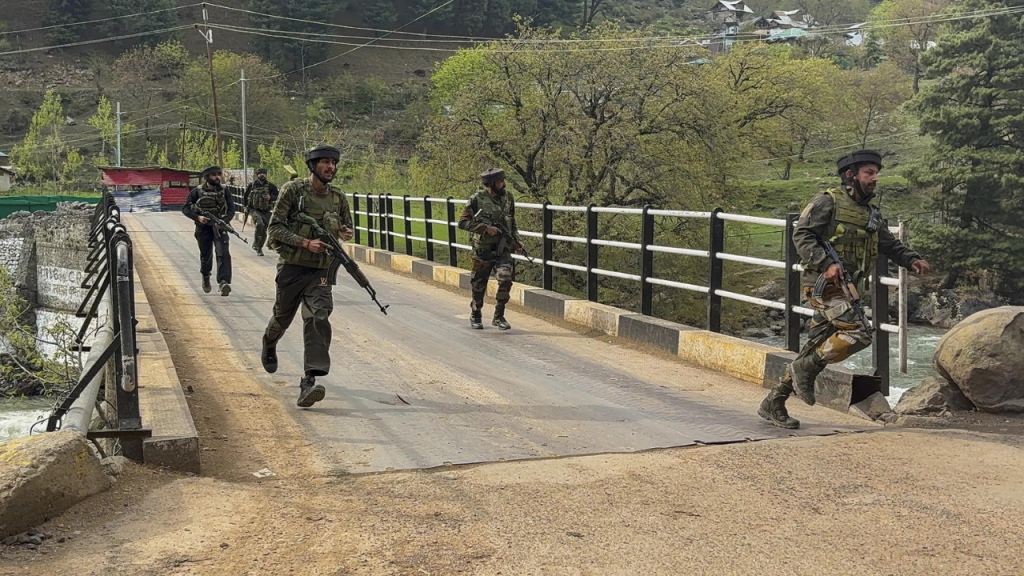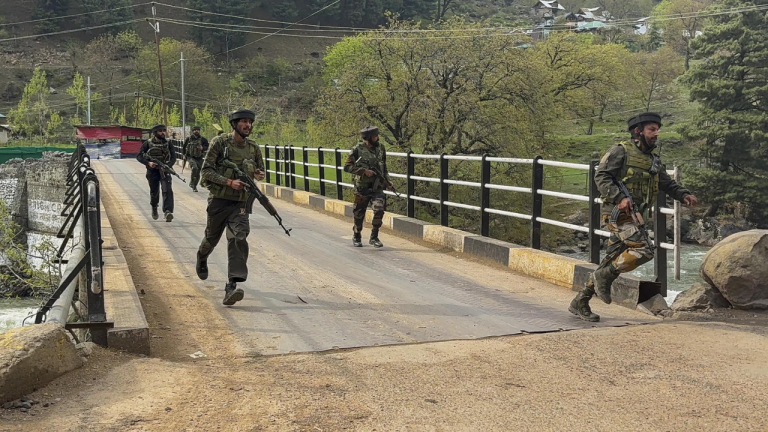After the fall of the Soviet Union, Ukraine inherited a significant nuclear stockpile. Despite possessing these nuclear weapons, Ukraine decided to relinquish them due to financial constraints and geopolitical risks. The 1994 Budapest Memorandum provided security assurances to Ukraine, but these guarantees were called into question when Russia annexed Crimea and backed separatists in Ukraine. The current Russia-Ukraine conflict underscores the security vulnerabilities faced by Ukraine in the absence of nuclear deterrence. The decision to give up nuclear weapons now appears to have left Ukraine exposed to potential aggression. The ongoing tensions in the region have reignited debates about the role of nuclear weapons in ensuring national security. The situation serves as a cautionary tale for other countries considering disarmament. The complex interplay between geopolitics, security guarantees, and military capabilities continues to shape the dynamics of international relations in the region. As Ukraine grapples with the challenges posed by the conflict, the debate over the role of nuclear weapons in shaping global security architecture is likely to intensify. The need for reliable security assurances and effective deterrence mechanisms remains a pressing issue for Ukraine and other nations facing similar security dilemmas.

Posted in
JUST IN
Ukraine’s Nuclear Relinquishment and Vulnerabilities Exposed in Russia Conflict: A Post-Soviet Legacy.
In Trend

“India’s COVID-19 vaccination drive for children aged 15-18 set to begin, aims to boost immunity levels”




















